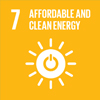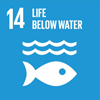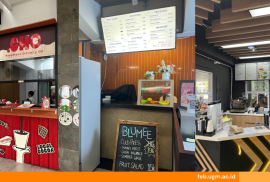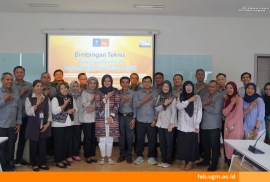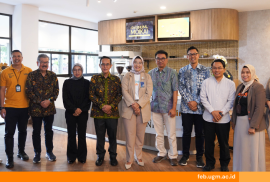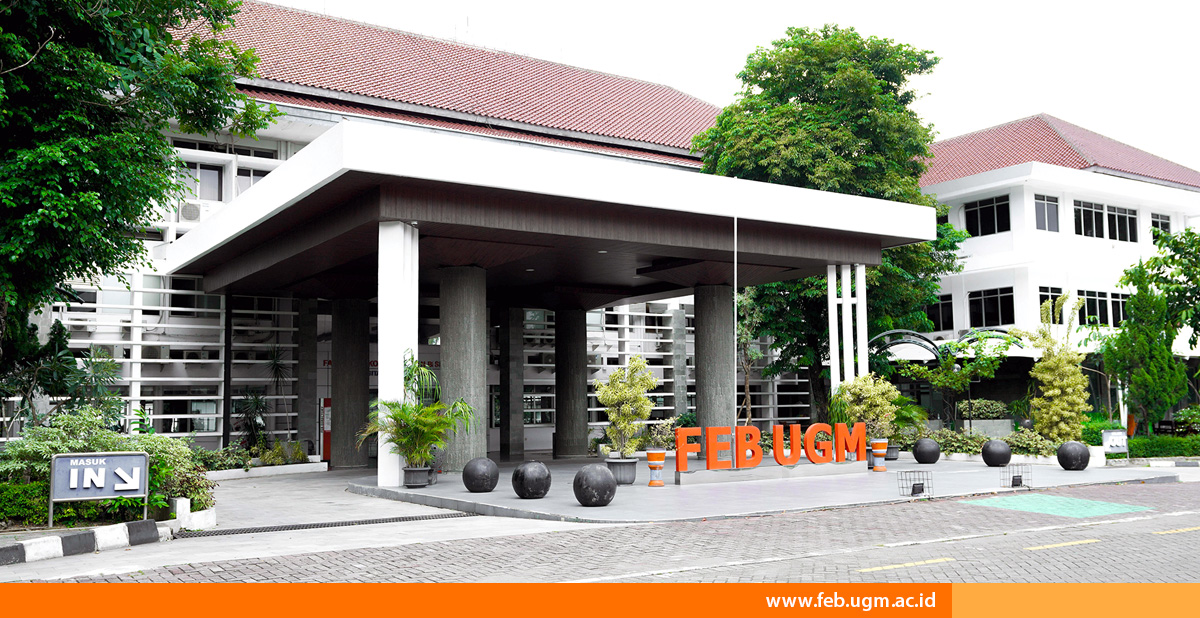
The Faculty of Economics and Business of Universitas Gadjah Mada (FEB UGM) remains steadfast in its commitment to achieving its mission as a sustainable campus. In pursuit of this mission, FEB UGM has undertaken various initiatives in all aspects of institutional management, including education, research, community service, and campus facility development.
To enhance the quality of a sustainability-oriented support ecosystem, FEB UGM has identified five primary objectives: strengthening the physical and digital infrastructure that supports learning activities.
“A series of upgrades and improvements to various physical facilities within the FEB UGM campus is a step towards supporting or implementing our sustainability mission,” explained FEB UGM Dean Prof. Dr. Didi Achjari, S.E., M.Com., Ak., CA. on Friday (January 17, 2025) at the FEB UGM campus.
Didi explained that FEB UGM aims to enhance the comfort of the academic community and integrate sustainability principles into campus operations by improving physical and digital facilities.
“We recognize that sustainability is an inseparable part of the responsibilities of educational institutions. Therefore, we always aim to support sustainability whenever we improve physical facilities at FEB UGM,” he said.
Didi further explained that supporting sustainability in improving physical and digital facilities means ensuring each initiative adheres to sustainability principles. FEB UGM takes several approaches, such as using environmentally friendly materials in facility upgrades and installing energy-saving lighting systems. In addition, we design improvements to physical facilities at FEB UGM with universal accessibility in mind. This includes developing inclusive facilities for people with disabilities, such as wheelchair ramps, elevators, accessible restrooms, and designated parking.
Another area of focus is improving the digital infrastructure, such as installing smart TVs in some classrooms and LED display panels in key locations as digital media for disseminating information to the FEB UGM community. In addition, digitization efforts, such as introducing electronic signatures (TTE), aim to reduce paper use. Optimizing the digital infrastructure within the campus reflects FEB UGM’s commitment to green energy.
Didi emphasized that FEB UGM’s efforts are in line with the Sustainable Development Goals (SDGs), particularly in areas such as affordable and clean energy (SDG 7), sustainable cities and communities (SDG 11), and climate action (SDG 13).
“Through these measures, we want to set a concrete example of how educational institutions can contribute to sustainability. We hope these initiatives will impact the environment and inspire the academic community to become agents of change,” he added.
FEB UGM encourages all students, faculty, and professional staff to support sustainability programs. This can be achieved through small behavioral changes in daily activities, such as conserving energy on campus. Through these initiatives, FEB UGM is reinforcing its position as an educational institution that excels academically and is committed to sustainability for a better future.
Reportage: Kurnia Ekaptiningrum
Sustainable Development Goals


